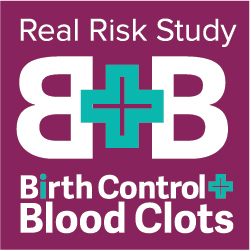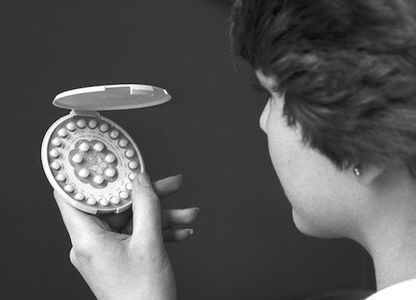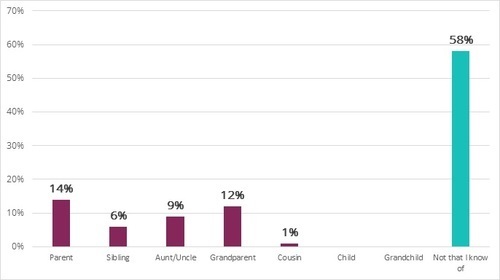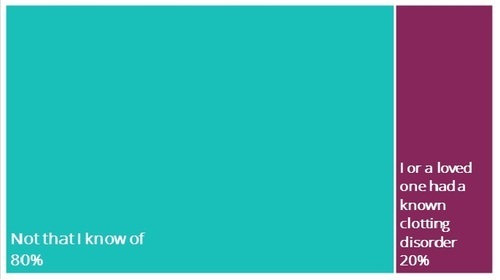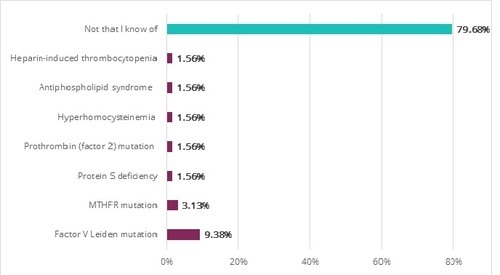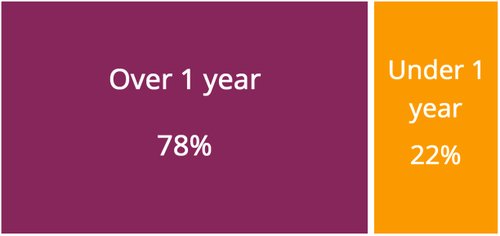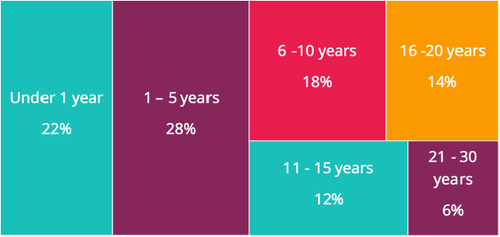Diabetes is the 7th leading cause of death in the United States according to the American Diabetes Association. Tens of millions of people have diabetes and are at increased risk for a whole host of other problems because of it. The estimated economic cost of diabetes is nearly $245 billion each year. BILLION! So shouldn’t we take a look at how to decrease these risks, lessen this economic burden, save lives?
I’ve done a lot of research on birth control pills, their side effects, and how those risks are communicated to women. My interest in the topic is both personal (I suffered a stroke from hormonal birth control at age 28) and professional. I’ve been reviewing the Nelson Pill hearings and what I’ve found is shocking. Beyond the obvious correlation between blood clots and hormonal birth control, even back in 1970 doctors and scientists knew that these medications affected, contributed to, and caused a myriad of health problems from weight gain to stroke. One of the most surprising to me, because I hadn’t come across it in any of my previous research, was the link between synthetic hormones and diabetes. Dr. Hugh J. Davis, the first doctor to testify at the Nelson Pill Hearings said the following (page 5930):
“A woman, for example, who has a history of diabetes or even a woman with a strong family history of diabetes is not an ideal candidate for using oral contraceptives… [they] produce changes in carbohydrate metabolism which tends to aggravate existing diabetes and can make it difficult to manage.”
Hormonal birth control elevates blood glucose levels, can increase blood pressure, increases triglycerides and cholesterol, and accelerates the hardening of the arteries, among other things. They knew this in 1970. But what about the research now? Well, if you’ve read any of my other articles it probably won’t surprise you that the current research is… wait for it… you guessed it… INCONCLUSIVE! Here’s a look at what I’ve found:
“Cardiovascular disease is a major concern, and for women with diabetes who have macrovascular or microvascular complications, nonhormonal methods are recommended. There is little evidence of best practice for the follow-up of women with diabetes prescribed hormonal contraception. It is generally agreed that blood pressure, weight, and body mass index measurements should be ascertained, and blood glucose levels and baseline lipid profiles assessed as relevant. Research on hormonal contraception has been carried out in healthy populations; more studies are needed in women with diabetes and women who have increased risks of cardiovascular disease.”
And:
“The four included randomised controlled trials in this systematic review provided insufficient evidence to assess whether progestogen-only and combined contraceptives differ from non-hormonal contraceptives in diabetes control, lipid metabolism and complications. Three of the four studies were of limited methodological quality, sponsored by pharmaceutical companies and described surrogate outcomes. Ideally, an adequately reported, high-quality randomised controlled trial analysing both intermediate outcomes (i.e. glucose and lipid metabolism) and true clinical endpoints (micro- and macrovascular disease) in users of combined, progestogen-only and non-hormonal contraceptives should be conducted.
For women with polycystic ovarian syndrome (PCOS), this is particularly troubling. They are already at an increased risk for diabetes. “Researchers in Australia collected data from 6,000 women and found that those who had PCOS were three to five times more likely to develop type 2 diabetes than women who didn’t.” Yet the first treatment doctors usually prescribe for PCOS is birth control pills. It’s unclear whether the PCOS alone increases a woman’s risk or just that most women with PCOS are treated with hormones that make her more likely to develop diabetes.
It begs the question, why are we treating a woman for a condition that increases her risk for diabetes with a drug that increases her risk for diabetes?
Even if you don’t have PCOS, you are still at risk. A recent study showed that “women who used hormonal methods of birth control had higher odds for gestational diabetes than did women who used no contraception.” So using hormonal birth control may prevent you from getting pregnant but at the cost of making a future pregnancy more dangerous? It’s not just dangerous for pregnant women, however. Hormonal contraceptives seem to predispose women to diabetes across the lifespan. For example, another study found:
“The prevalence of diabetes was significantly higher in post-menopausal participants who had taken OCs (oral contraceptives) for more than 6 months than in those who had never taken OCs. The duration of OC use was also positively associated with the prevalence of diabetes. Furthermore, taking OCs for more than 6 months led to a significant increase in fasting insulin levels and HOMA-IR in nondiabetic participants. Past use of OCs for more than 6 months led to a significant increase in the prevalence of diabetes in post-menopausal women, and increased IR in nondiabetic participants. These results suggested that the prolonged use of OCs at reproductive age may be an important risk factor for developing diabetes in post-menopausal women.”
This is further proof that taking hormonal birth control affects women for much longer than the duration they take it. A correlation between synthetic hormones and diabetes was evident to doctors and researchers back in 1970 and we’re still trying to understand those effects today. Dr. Hugh Davis testified (pg 5928) about hormonal birth control:
“While you are accomplishing your contraceptive objective you are producing very, very widespread and generalized changes.”
I’m starting to feel like a broken record here, but at what point are these risks not acceptable? And why do we still not fully understand these risks? The goal of the Nelson Pill Hearings was to determine if these medications were safe and they are clearly not. Over and over, experts testified and said the pill should not be taken off the market but that it should be studied more and replaced by something better as soon as possible. As we can see, that hasn’t happened. Women are still having to make the choice between convenient contraception and their health and safety. The risks involved with hormonal contraceptives are still being downplayed, skewed, and hidden. If a serious and potentially life-threatening condition like diabetes is not too high a price to pay to avoid pregnancy, what is? How about loss of libido? Mental health? Weight gain? Blood clots? Stroke? Loss of life? Dr. Davis also said (pg 5925):
“In using these agents (hormonal contraceptives), we are in fact embarked on a massive endocrinologic experiment with millions of healthy women.”
I couldn’t agree more. And the experiment continues.
We Need Your Help
More people than ever are reading Hormones Matter, a testament to the need for independent voices in health and medicine. We are not funded and accept limited advertising. Unlike many health sites, we don’t force you to purchase a subscription. We believe health information should be open to all. If you read Hormones Matter, like it, please help support it. Contribute now.
Yes, I would like to support Hormones Matter.
Photo by Sven van der Pluijm on Unsplash.












